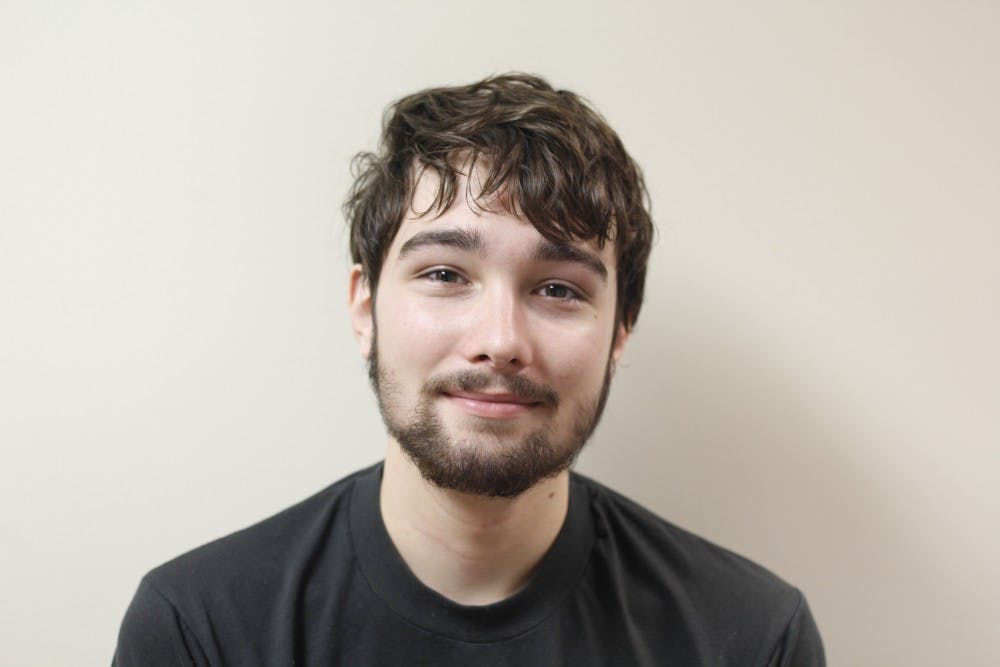In the wake of the Parkland, Fla., mass shooting, there has been a significant amount of discussion about what policies should be implemented to respond to this tragedy specifically, and the issue of American gun violence more broadly. Among such proposals, with support from both some of the conservative right and liberal center, has been the expansion of law enforcement in schools to ensure security.
However, the solution to the widespread gun violence we are seeing, and school shootings more specifically, is not for more police officers to be put in schools. Black students at Stoneman Douglas High School, where the Parkland shooting took place, have spoken up with their concerns about increased police presence in their school. These students raised the issue that the police placed in these schools would treat students — especially students of color — as “potential criminals,” with the result that students would ultimately be less safe at school.
This concern is not without reason. Even while controlling for socio-economic circumstances, students at schools with police presence are considerably more likely to be arrested than those in schools without police presence, but at the same time aren’t actually more likely to be charged for assault, or possession of drugs, alcohol or weaponry. Instead, students at policed schools are five times as likely to be charged for “disorderly conduct,” situations which in schools without police officers are resolved by the schools themselves without criminal charges. Students of color and students with disabilities are overrepresented among those students arrested. Increased police presence in schools has not resulted in a decline in school shootings, but has instead contributed to the existing “school-to-prison pipeline,” in which education is substituted for a self-perpetuating cycle of discipline which fails to address the necessity of a reparative, rather than punitive, response.
As Michel Foucault asked in Discipline and Punish, we must wonder: “Is it surprising that prisons resemble factories, schools, barracks, hospitals, which all resemble prisons?”
Within contemporary society, there exists an unfortunate trend to respond to every potential threat by expanding the powers of law enforcement and the surveillance state. Have we considered what this has cost us collectively?
In 2017, mass shooters caused 428 deaths, while 1,129 people died from police violence. Beyond this, the U.S. has the most prisoners per capita in the entire world, not to mention its responsibility for the deaths of countless civilians in the Middle East. While interpersonal violence is an issue worth addressing, our analysis of the problem is incomplete unless we also consider the violence, both direct and structural, which is carried out by the state itself.



